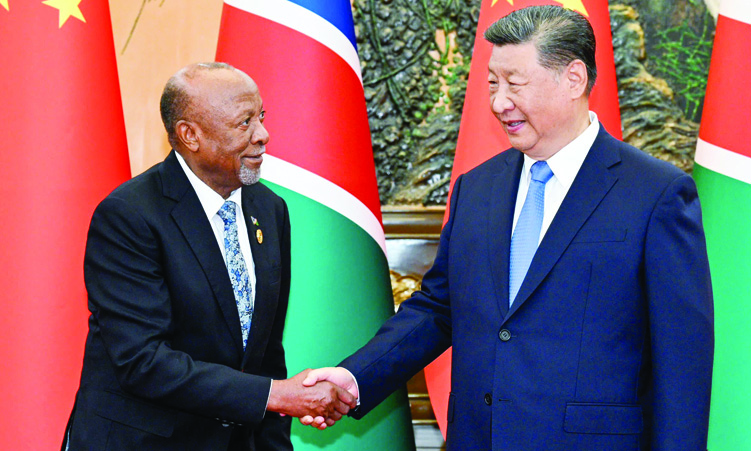QUALIFIED teachers stationed in far-off rural areas of Namibia are entitled to receive incentive payments as well as remoteness allowances from government.
This was ruled by deputy judge president Hosea Angula in a judgement that was handed down in the Labour Court in Windhoek last week.
An agreement in which the government, the Namibia National Teachers’ Union (Nantu) and the Namibia Public Workers Union (Napwu) agreed in 2009 that qualified teachers stationed in remote areas would receive incentive payments aimed at encouraging them to accept being posted to those areas remains valid and in force, judge Angula ruled in his judgement on an appeal that Nantu took to the Labour Court after a labour arbitrator dismissed a complaint from the trade union about the interpretation of the agreement.
Ruling in favour of Nantu’s view of the 2009 agreement, deputy judge president Angula declared that the agreement remained valid, and ordered government to pay qualified teachers stationed in far-off parts of the country the outstanding incentives due to them since 1 April 2015.
Judge Angula also ordered that the government would be granted an opportunity to arrange its finances for a period of six months from the date of his judgement in order to pay the outstanding incentives. The deputy judge president noted that Nantu and the government were in agreement that the incentives paid to teachers stationed at remote rural schools in Namibia became part of the conditions of service of those teachers. Those incentives were aimed at attracting and retaining qualified teachers at remote rural schools.
The incentives paid to those teachers were separate and distinct from allowances granted to public service staff members stationed in areas classified as remote – due to the limited availability of basic services, amenities, facilities and infrastructure – in a collective agreement between the government, Napwu and Nantu in 2012, judge Angula found.
With the 2009 agreement being open-ended, with no agreed duration period, the incentives it secured for qualified teachers in far-off parts of the country were to endure for an indefinite period, judge Angula also reasoned.
The 2009 agreement contained a non-variation clause which would preclude the government from unilaterally varying the terms of the agreement. Noting that the subsequent agreement concluded in 2012 did not have any clause stating that the 2009 agreement was being amended or replaced, and did not make any reference to the incentives paid to qualified teachers, judge Angula concluded that the 2012 agreement did not amend the incentives introduced through the 2009 agreement.
Nantu was represented by lawyer Florian Beukes when the case was heard in October last year. The government was represented by Jabulani Ncube and Appolos Shimakeleni.
Stay informed with The Namibian – your source for credible journalism. Get in-depth reporting and opinions for
only N$85 a month. Invest in journalism, invest in democracy –
Subscribe Now!






